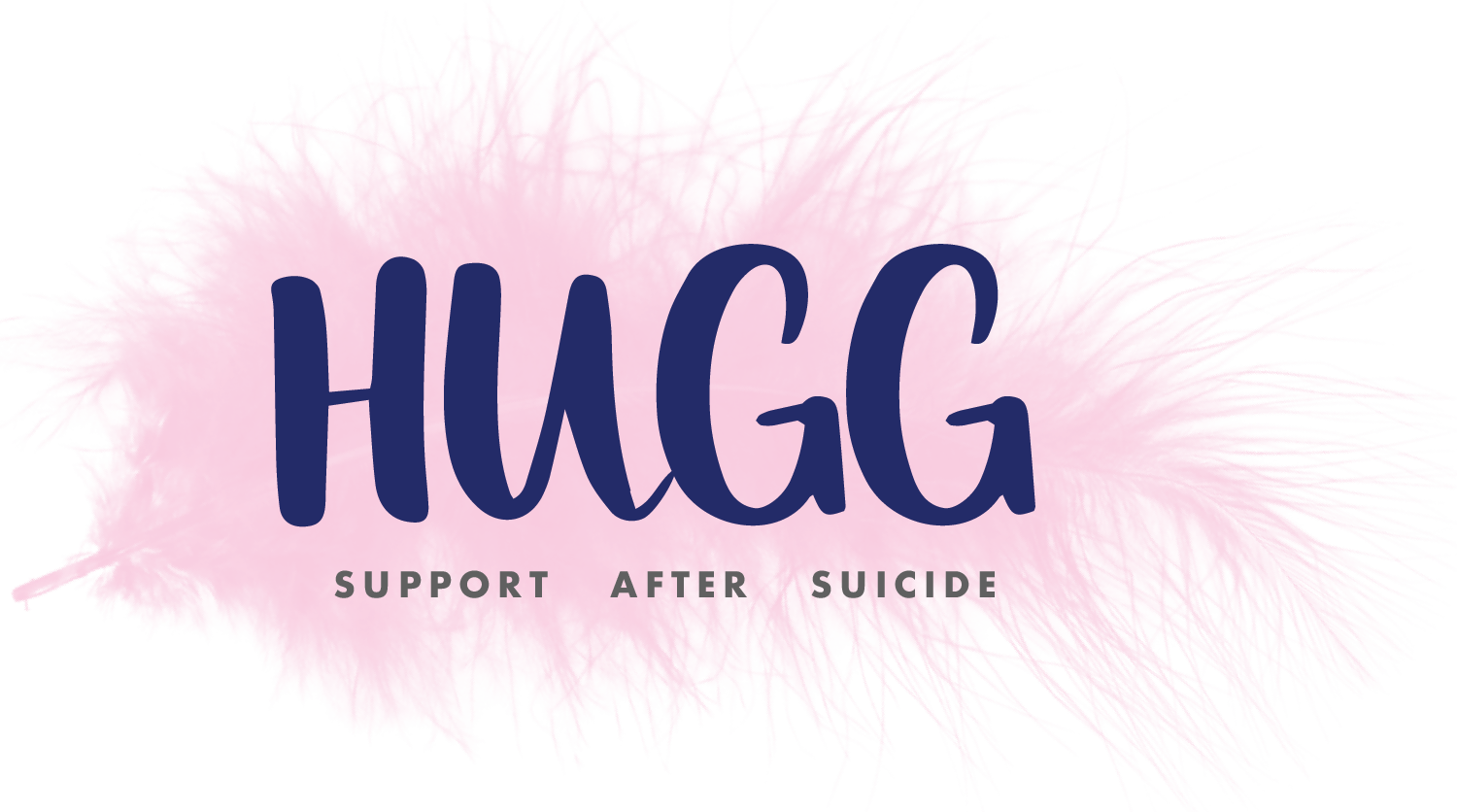A new study published by HUGG, and conducted by Indecon Economic Consultants, shows that the true rate of suicide in Ireland is significantly higher than is currently being reported.
Under Irish law, the standard of proof required to return a verdict of suicide by a coroner is ‘beyond reasonable doubt’. This is different from many other countries, such as the United Kingdom, which has recently adopted a standard of proof based on the balance of probabilities. The use of the ‘beyond reasonable doubt’ standard of proof has its roots in criminal law, and stems from a time when suicide was considered a crime.
This report estimates what would be the number of suicides if the burden of proof for a legal determination of death by suicide in Ireland was changed to being based on a balance of probabilities.
This report used advanced statistical techniques to compare Ireland to what happened when England and Wales changed their practices from ‘beyond reasonable doubt’ to ‘balance of probability’, where no such change occurred.
Using a range of data, Indecon estimates that the number of deaths classified as suicide rose by 2-2.5 deaths per 100,000 population as a result of the change in the burden of proof in England and Wales. This suggests that the true rate of suicide is 20-25% higher than is reported. This would equate to about 100-125 additional deaths assessed as suicide in Ireland if the practice by Irish coroners’ courts were to change as it has in many other countries.
CEO and Founder of HUGG, Fiona Tuomey, described the findings of the research as significant:
“The Government is currently considering reform of the Coroner Service. This represents a great opportunity to modernise our laws and practice regarding how cases of possible suicide are treated, to give us a true understanding of the scale of the problem of suicide in this country.”
For media enquiries, please contact Dr Ronnie O’Toole, Indecon Economic Consultants rotoole@indecon.ie +353 1 6777144
To read the full report please click here





